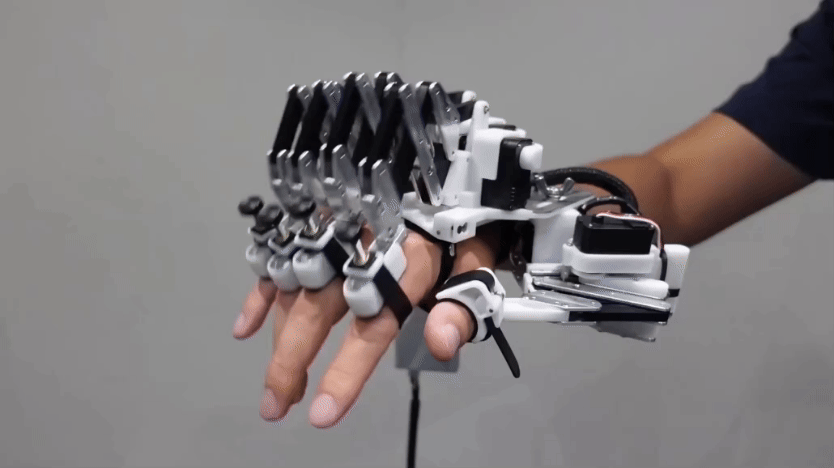The smell of trust
A whiff of a brain chemical known as oxytocin may make people more trusting when making a deal.
By Emily Sohn
Let’s say you find yourself with a pile of extra money. You meet a banker who tells you to hand it all over to him. He’ll invest it and make you rich. “Trust me,” he says. Do you?
Whether or not you decide to trust strangers may have something to do with a brain chemical called oxytocin, a new study suggests. Simply smelling some of the chemical is enough to make people more trusting in financial situations, say researchers from the University of Zurich in Switzerland.
 |
|
A whiff of a brain chemical known as oxytocin may make people more trusting when they make a business deal.
|
Animal studies in the past have shown that oxytocin is involved in bonding between mates and between mothers and offspring.
One theory is that the hormone inspires trust, which is essential for friendship, love, families, and other relationships. It might also help people accept risks when it comes to money and other situations.
To test this idea in people, the researchers paid 58 male college students to play a risky investment game.
First, the researchers put the men into pairs. One member of each pair played the role of investor. The other was the trustee, or the person the investor gave his money to. Every participant received 12 tokens worth 32 cents each. They would get cash for what they had left at the end of the game.
The investors had to decide how many tokens to give to the trustees. They knew that however much they handed over would quadruple in value. The twist was that the trustee in each pair would decide how much of the profits to give back to the investor.
Before the game began, some of the investors were given oxytocin to sniff. Others sniffed an inactive substance. Nobody knew which one they received.
In the oxytocin-sniffing group, half the men gave all of their tokens to the trustees. The rest gave most of their tokens away. In contrast, only 20 percent of the non-oxytocin group gave all of their tokens away. Oxytocin didn’t affect how trustees behaved.
The study has sparked worries that oxytocin sprays could be used to manipulate people into trusting political candidates or helping criminals. However, some researchers suggest that oxytocin might be released in your brain anyway when you see well-designed ads or experience slick marketing.
Most exciting of all for researchers are the medical possibilities. If they can understand how oxytocin works in the brain, they might be able to help people with mental illnesses that make them afraid of social situations.—E. Sohn
Going Deeper:
Bower, Bruce. 2005. Investing on a whiff: Chemical spray shows power as trust booster. Science News 167(June 4):356-357. Available at http://www.sciencenews.org/articles/20050604/fob4.asp .
You can learn more about oxytocin at arbl.cvmbs.colostate.edu/hbooks/pathphys/
endocrine/hypopit/oxytocin.html (Colorado State University).







